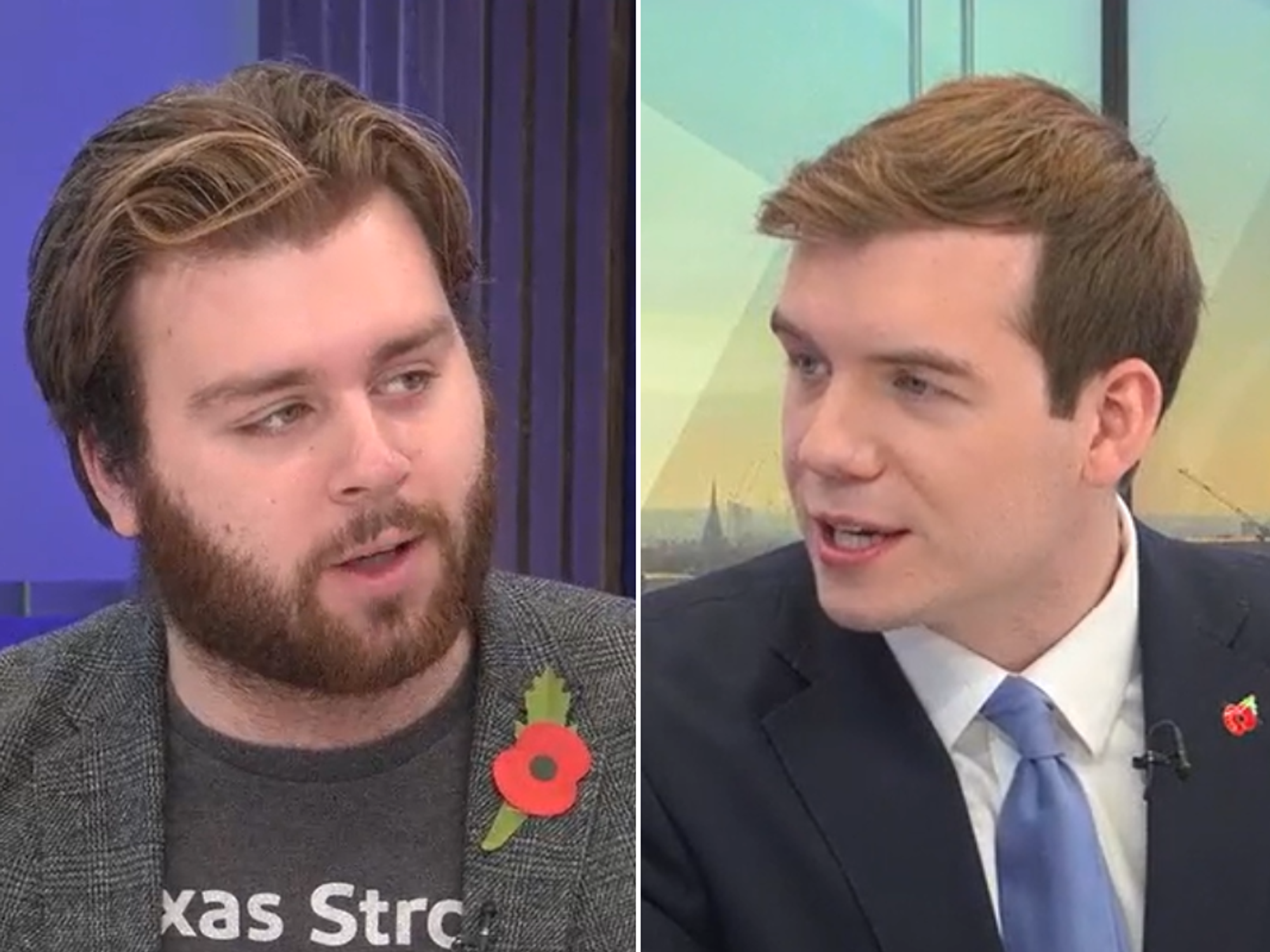Savings alert: Premium bonds slammed as millions of small savers 'ripped off' by NS&I

Millions of savers risk seeing their cash eroded as premium bonds fail to deliver
Don't Miss
Most Read
For millions of savers, the safety of keeping money with the Government’s National Savings and Investments may feel reassuring.
But experts warn many are losing out badly, with returns so poor that rising prices are eating away at the value of their nest eggs.
NS&I, the Treasury-backed bank, has come under fire for paying rates that fail to keep pace with inflation. Its old-fashioned Investment Account, which can only be managed by post, offers a mere one per cent interest.
In July, inflation was running at 3.8 per cent, meaning customers were effectively losing money in real terms.
The account still holds £1.5 billion from around 1.4 million people, some with balances of up to £100,000.
A saver with £50,000 would earn just £500 in interest over a year, yet the spending power of that sum would shrink to £48,651 once inflation is factored in.Critics argue this hits elderly savers hardest, as many may not realise how much their money is being eroded.
Consumer expert Martyn James said: "These tend to be longer-term investments that older people have taken out and who might not realise they're being paid lower rates."
He described the situation as "ripping off" customers, adding: "It would be very easy for these people to switch their account to one of these infinitely superior rates and get four times as much."
Premium bonds, NS&I’s most famous product, have also been labelled a disappointment. While they promise monthly prizes instead of guaranteed interest, the current prize fund rate is just 3.6 per cent. Around 14 million people have balances under £100, making up 60 per cent of all bondholders.
 NS&I; is slashing the Premium Bonds prize fund rate | NS&I; / GETTY
NS&I; is slashing the Premium Bonds prize fund rate | NS&I; / GETTY Figures obtained by AJ Bell show that those who have never won a prize have an average balance of just £106.79.
Laura Suter, director of personal finance at AJ Bell, said: "Unfortunately, unless they are saving large amounts, they're unlikely ever to see that dream become a reality and may not earn any return whatsoever."
The scheme attracts huge sums, with 24 million people holding £127billion in total.
But the odds heavily favour the wealthiest customers. Just five per cent of savers hold the maximum £50,000 allowance, yet these accounts make up half the total value of all premium bonds.
 Experts are issuing a Premium Bonds warning | GETTY / NS&I
Experts are issuing a Premium Bonds warning | GETTY / NS&I Sarah Coles, head of personal finance at Hargreaves Lansdown, also warned: "Even if you hold more in premium bonds, there are no guarantees, and the average bondholder in an average month will win nothing.
It means that there's every chance the value of your bonds will be eaten by inflation."
Competitive savings accounts on the wider market now pay far more generous returns. Leading deals currently offer around 4.5 per cent interest. Someone moving £50,000 into these accounts could earn £2,250 a year, compared with £500 from NS&I’s Investment Account.
Chase is paying 4.75 per cent on easy-access accounts, while JN Bank offers 4.41 per cent for one-year fixed deposits.
 Britons are looking for the best savings account deal | GETTY
Britons are looking for the best savings account deal | GETTYRachel Springall, finance expert at Moneyfactscompare.co.uk, urged savers to shop around: "As interest rates drop it's essential to compare and switch deals on a regular basis and ensure that any monthly deposits are not neglected."
The Financial Conduct Authority has also stepped in, demanding that banks make it easier for customers to compare rates and avoid leaving large sums languishing in low-paying accounts.
For savers, the message is clear: loyalty to NS&I may feel safe, but it could be costing thousands in lost returns.
More From GB News










